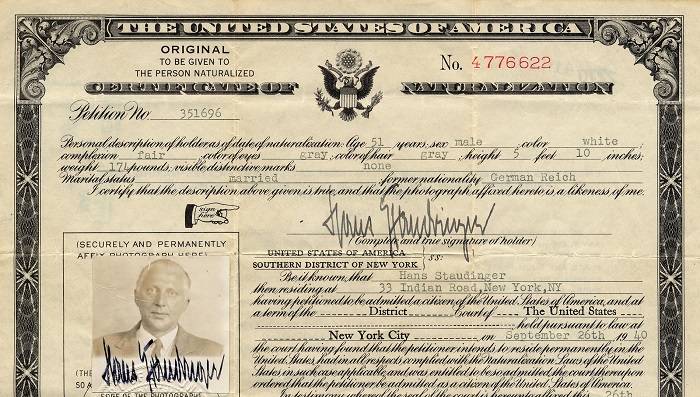John H. E. Fried Papers, 1911-1990 40 cubic ft.
The John H. E. Fried Papers consist of his professional correspondence, copies of his published and unpublished writings (manuscripts, typescripts, reprints and books), texts of numerous speeches and lectures (published and unpublished), personal documents, teaching materials, as well as Fried's research collections on topics relating to global human rights problems and remedies.
